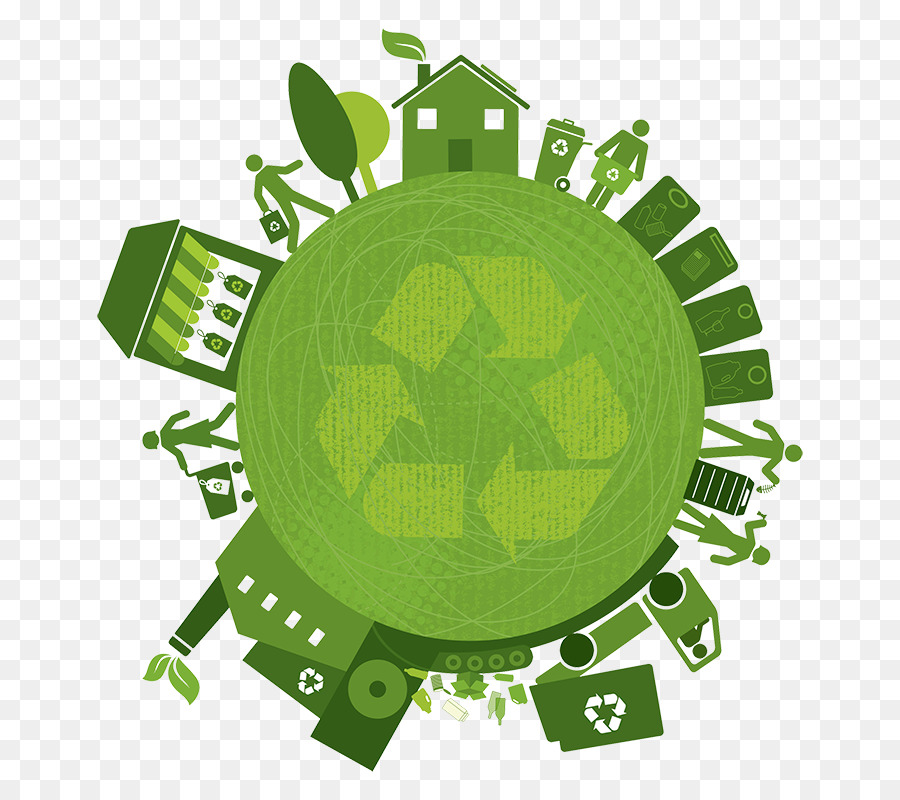Eco-efficiency and Ecodesign

Eco-efficiency and Ecodesign
Article by Roberto Naime
Acting with environmental responsibility, most often produces broad positive results from an economic point of view. This would already be the concept of ECO-EFFICIENCY, according to which positive economic results are obtained with the practice of Ecodesign throughout the business design.
It’s a strategy known as WIN-WIN. It is common to find resistance to the use of environmentally correct processes justifying themselves with high costs as an impediment to their implementation. The increasing consumer awareness of all consumer ranges, with the consequent increase in demand for environmentally friendly products will cause companies to have to adapt to continue in the market. For companies looking to acquire COMPETITIVE ADVANTAGE, this is a good opportunity.
While ECODESIGN is not yet in the general domain, companies that practice it can benefit from avant-garde, at least nationally. Moreover, companies that are GREEN, as they are usually called, will win the respect of the consumer, who will soon migrate, within each of their consumption ranges, to environmentally friendly products.
The “green” company may be able to supply the public sector, which will revert to a positive differential, since participation in public bidding processes will only be allowed to companies that meet certain conditions considered environmentally correct. This will further increase the visibility and credibility of qualified companies. In a short time we may be talking about the implementation of a green label, or ECOETIQUETA, which is equivalent to the idea of environmental certification that is increasingly disseminated in a series of formal and formal initiatives.
There are a range of factors involved in the implementation of these labels, many of them legal order, but regardless of whether or not these labels are application, the fact is that the consumer already turns his attentions and preferences to products that are more environmentally correct, even boycotting products that do not meet environmental specifications.
Today, any discussion about environmental impacts related to products goes through the concept of product LIFE CYCLE. But it is not the advertising concept of pioneer product, mature or senile. The idea is not to be restricted to the manufacturing and use phases of the product, but also to the destination of the materials after the lifetime of the product, when the product itself needs to be discarded.
Potential environmental impacts not only occur in manufacturing, but also in use and disposal. The Life Cycle of the product covers from the extraction of the raw material to its disposal, through the management of its waste (and even the product itself). It involves the phases of design, manufacture, transportation, installation, use and management of waste, with final destination in landfills or reuse.
What’s more, the product concept is also expanded with Ecodesign. The product is conceived not only as a set of tangible elements, but also with an aggregate of services that will allow or help the consumer to meet their needs and desires. This then brings us to the concept, widely used in Ecodesign, of SYSTEM-PRODUCT.
To operationalize the application of Ecodesign, some of the tools known as ENVIRONMENTAL ANALYSIS are used today. All of them incorporate the concept of Life Cycle, mentioned above.
The tools can be qualitative, semi-quantitative, or specifically quantitative as it is possible to advance towards the quantification of the quantities involved in environmental impacts.
Roberto Naime, Professor in the Graduate Program in Environmental Quality, FEEVALE University, Novo Hamburgo – RS, is a writer at EcoDebate.
in EcoDebate, ISSN 2446-9394, 17/09/2020
[CC BY-NC-SA 3.0][ O conteúdo da EcoDebate pode ser copiado, reproduzido e/ou distribuído, desde que seja dado crédito ao autor, à EcoDebate com link e, se for o caso, à fonte primária da informação ]
Inclusão na lista de distribuição do Boletim Diário da revista eletrônica EcoDebate, ISSN 2446-9394,
Caso queira ser incluído(a) na lista de distribuição de nosso boletim diário, basta enviar um email para newsletter_ecodebate+subscribe@googlegroups.com . O seu e-mail será incluído e você receberá uma mensagem solicitando que confirme a inscrição.
O EcoDebate não pratica SPAM e a exigência de confirmação do e-mail de origem visa evitar que seu e-mail seja incluído indevidamente por terceiros.
Remoção da lista de distribuição do Boletim Diário da revista eletrônica EcoDebate
Para cancelar a sua inscrição neste grupo, envie um e-mail para newsletter_ecodebate+unsubscribe@googlegroups.com ou ecodebate@ecodebate.com.br. O seu e-mail será removido e você receberá uma mensagem confirmando a remoção. Observe que a remoção é automática mas não é instantânea.